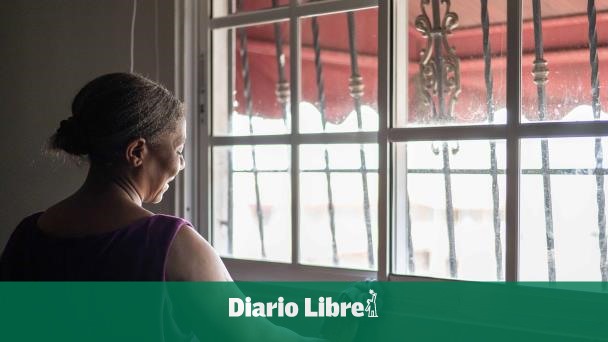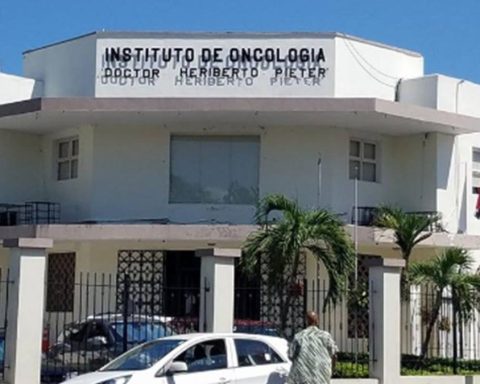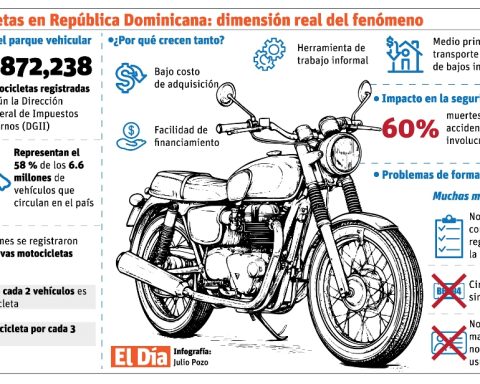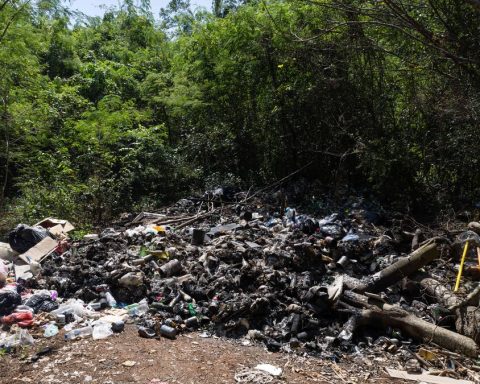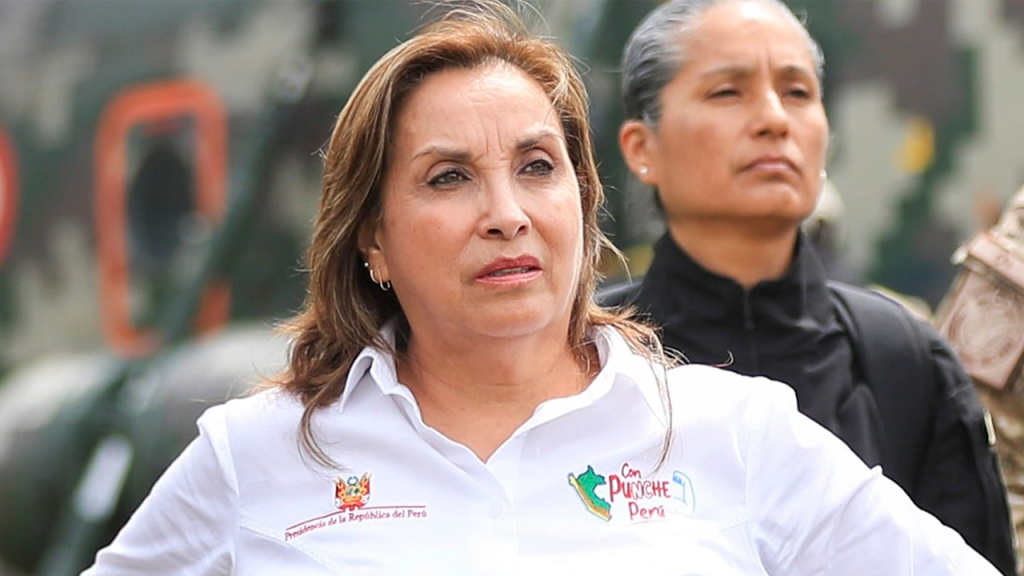Due to the high degree of informalitythe workers domestic and related activities in the Dominican Republic resort to public services health provided by the StateAccording to data from June 2024, 42.9% of the people who were engaged in these trades were registered in the Single Beneficiary System (Siuben), receiving the benefits of sure of health.
As of June 2024, there were 252,162 people in the country engaged in jobs domesticOf this number, only 12,942 belong to the sector formalwhile the majority, 239,220, operate in the informalitywithout access to the basic labor guarantees stipulated in the Labor Code.
The data, contained in the Central Bank’s quarterly report, indicate that more than 90% of these workers are women in conditions of poverty.
Diario Libre requested more detailed information on the informality of this economic segment to Siubenwhich stated that in its records it only has 154,741 people who indicated they were working in services domesticThe survey is conducted through house-to-house surveys to update the vulnerability situation of households in the country.
By type of sure
Not all of them workers in a situation of informality are in the Universal Social Registry of Households (RSUH) of Siubenwhich indicates that there are 108,367 of the workers domestic with access to a sure of health public, leaving a significant portion of the workforce unprotected from health problems. health and other associated risks.
The statistical detail indicates that 88,814 people are insured through the National Health Insurance (Senasa) and 4,769 in the contributory segment. While 21 are integrated into the Health Risk Administrator for Teachers (ARS Semma) and 14,763 in other ARS not identified in the Household Registry of the Siuben.
In addition to the services of healththere are about 77,097 workers of the home and related areas that receive aid of the State through the Supérate program, which includes various types of monetary transfers, such as Aliméntate, Bonogas and Bonoluz. In this line, it is observed that in 2020 there was a greater number of beneficiaries (78,813) compared to 2024. This is because, to mitigate the impact of the COVID-19 pandemic, the government implemented several initiatives, such as the Quédate en Casa program. However, this was gradually discontinued, the Siuben.
